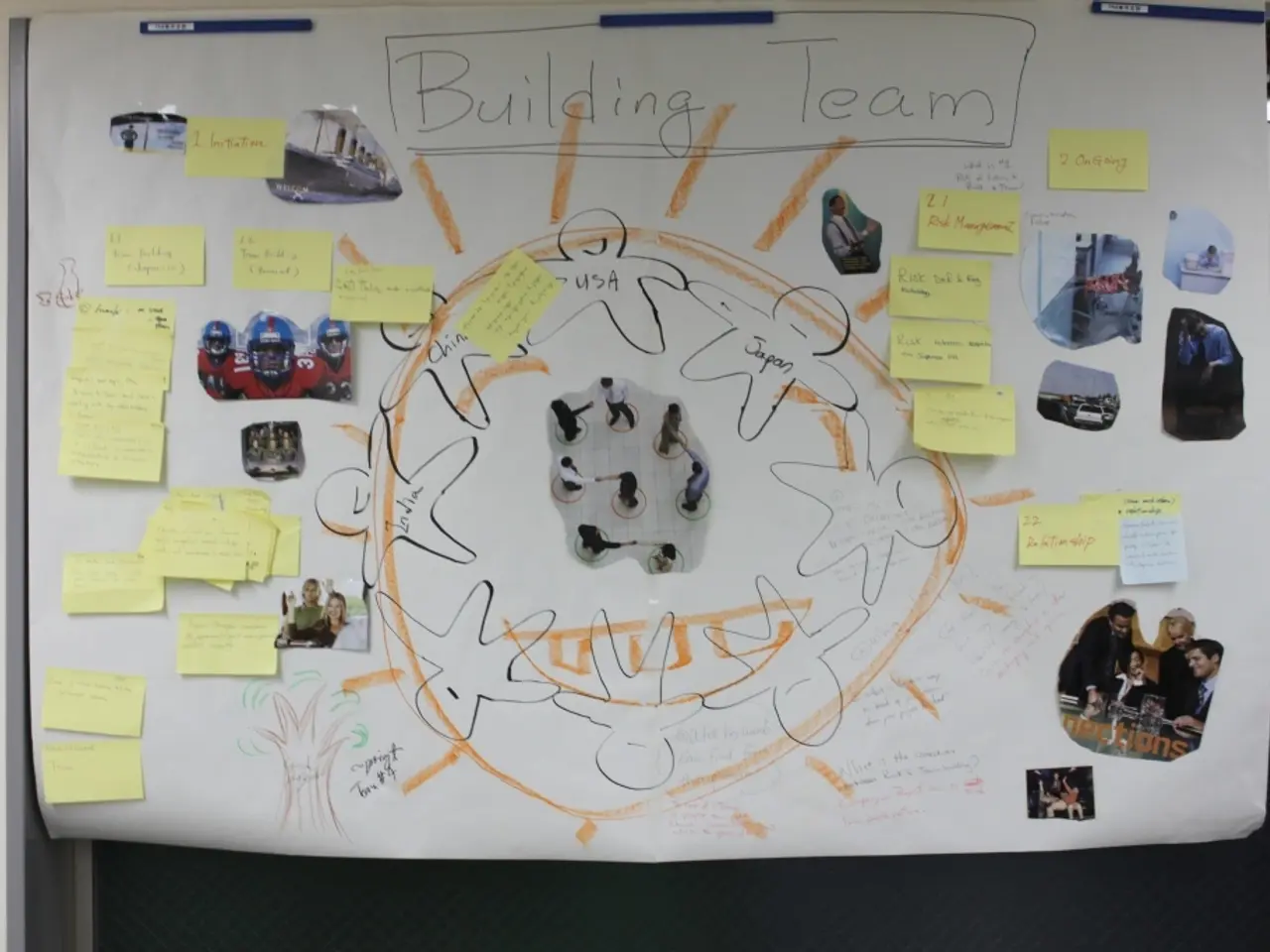Maintaining mental acuteness in old age involves regular physical activity, mental stimulation, and a balanced diet.
Slowing Cognitive Decline in Older Adults: The Power of a Healthy Lifestyle
New research suggests that a combination of healthier habits can significantly slow typical age-related cognitive decline in older adults at risk of developing dementia. The findings, from a large-scale U.S. study known as the POINTER study, highlight the benefits of a multi-domain, coach-led program that includes regular exercise, brain-challenging activities, and a healthy diet.
The structured intervention group, which followed this comprehensive program, scored 13% higher on cognitive tests compared to those who followed a self-guided approach. The program combined moderate to high-intensity exercise, adherence to the MIND diet, weekly cognitive training, social engagement, and cardiovascular risk management.
Cognitive benefits were most pronounced in executive function and processing speed, crucial domains for daily functioning. Even modest lifestyle changes can offer cognitive protection, but greater structure and support yield stronger improvements.
The POINTER study, involving over 2,000 sedentary adults aged 60-79, found that this multi-domain approach significantly protected cognition compared to a self-guided approach. The study's implications are broad for public health and dementia prevention strategies in at-risk older populations in the U.S. and globally.
Software engineer-turned-tester, Jones, was one of the study participants who lost 30 pounds, saw her heart health improve, and felt sharper. However, she admitted that her diet slipped after the study coaching ended. Despite this, she found enjoyment in blueberry-spinach smoothies and an at-home virtual reality program.
The program required participants to attend group classes for exercise and dietary changes, as well as brain-challenging homework using an online program called Brain HQ. Many options for brain exercise include puzzles, joining a book club, learning an instrument or a new language.
Jessica Langbaum of the Banner Alzheimer's Institute emphasizes that there is no one magic bullet; it is a whole lifestyle. Older Americans can slow cognitive decline by exercising both their bodies and brains, eating healthier, and engaging socially.
Wake Forest's Laura Baker, who led the study, advises starting with 10 minutes of exercise and gradually increasing. She also stresses the importance of making exercise enjoyable to stick with it. Moderately intense physical activity means raising your heart rate and panting a bit yet still able to talk.
Jones and an 81-year-old friend from the study are helping keep each other on track. The lifestyle change affected Jones mentally and emotionally, bringing her to a much better place. The study participants were in their 60s and 70s.
Researchers will track the study participants' health for four more years, and the Alzheimer's Association is preparing to translate the findings into local community programs. Combining social engagement, exercise, and dietary steps may be key in slowing cognitive decline.
- The POINTER study, involving over 2,000 sedentary adults aged 60-79, found that a multi-domain approach, which includes regular exercise, brain-challenging activities, and a healthy diet, significantly protected cognition compared to a self-guided approach.
- Software engineer-turned-tester, Jones, who was one of the study participants, admitted that her diet slipped after the study coaching ended, but she found enjoyment in blueberry-spinach smoothies and an at-home virtual reality program.
- Jessica Langbaum of the Banner Alzheimer's Institute emphasizes that older Americans can slow cognitive decline by exercising both their bodies and brains, eating healthier, and engaging socially.
- Combining social engagement, exercise, and dietary steps, such as adherence to the MIND diet and weekly cognitive training, may be key in slowing cognitive decline as suggested by the new research on a healthy lifestyle.




